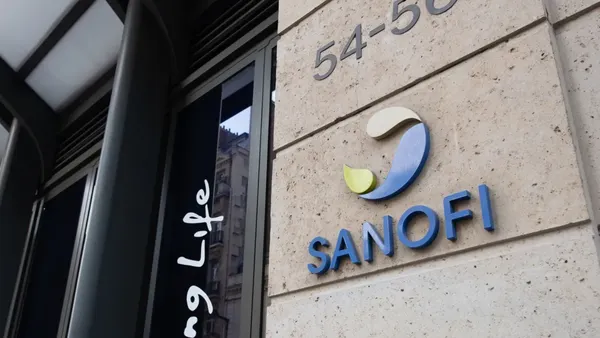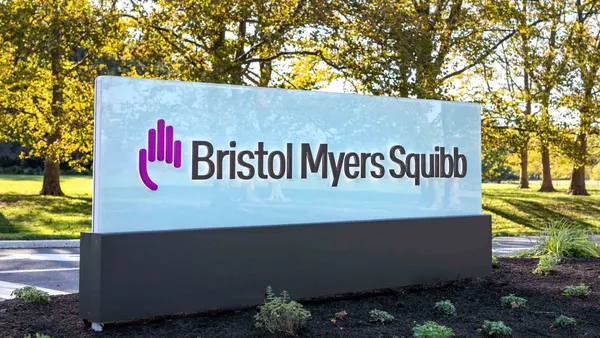Today, a brief rundown of news involving Eli Lilly and Novo Nordisk, as well as updates from AstraZeneca, Moderna, Lila Sciences and Dualitas Therapeutics that you may have missed.
Eli Lilly on Wednesday said its closely watched obesity pill orforglipron led to greater weight loss and blood sugar control than an oral version of Novo Nordisk’s semaglutide in a head-to-head trial. The Phase 3 trial pit orforglipron against the approved dosage for Rybelsus, an oral form of semaglutide used to treat Type 2 diabetes, in nearly 1,700 patients with the disease. At one year, orforglipron met all of its main and secondary study goals. Patients on the highest dose experienced lower A1C levels by more than 2 percentage points and lost an average of 9.2% of their body weight. Novo has a higher-dose version of oral semaglutide that it’s tested in obesity, however, and could gain approval by the end of the year. — Ben Fidler
AstraZeneca reported divergent outcomes from two late-stage studies on Wednesday. In one Phase 3 trial, a subcutaneous form of its marketed medicine Sophnelo helped lower signs of disease activity in people with the most common form of lupus. In the other, its drug Fasenra, used to treat asthma and a few other conditions, failed meaningfully lower the rate of moderate or severe chronic obstructive pulmonary disease attacks. The under-the-skin injection of Sophnelo is being reviewed by regulators. AstraZeneca will analyze the Fasenra data to “further understand the results,” the company said. — Ben Fidler
Novo’s experimental drug cagrilintide helped people with obesity lose almost 12% of their body weight after 68 weeks of treatment, a finding the Danish company said Tuesday is sufficient to support further assessment in a Phase 3 clinical trial. The data came from a sub-analysis of a late-stage study called Redefine-1, which evaluated the combination obesity drug CagriSema as well as its individual components, one of which is cagrilintide. Cagrilintide, which targets a digestive hormone called amylin, is one of several prospects Novo hopes can help shore up its position in the competitive obesity drug market. Novo said the new trial will start in the fourth quarter. — Jonathan Gardner
Moderna said on Tuesday its updated COVID booster generates a strong immune response against currently circulating coronavirus strains in a post-approval trial. The company released the data one week after a similar announcement from Pfizer, responding to President Donald Trump’s call for COVID vaccine makers to make their results public despite the availability of scores of study findings. Moderna said its shot, a new formulation of its vaccine Spikevax, generated greater than an eight-fold increase in neutralizing antibodies against the so-called LP.8.1 variant across age groups. The shot is approved for adults 65 years of age and older, and in those aged 6 months through 64 years with at least one underlying condition that puts them at high risk for severe disease. — Delilah Alvarado
Lila Sciences, an artificial intelligence-focused biotechnology startup backed by Flagship Pioneering, announced its second “ megaround” so far this year. On Monday, Lila revealed a $235 million Series A, adding to a $200 million seed financing announced in March. With the new funding, the firm plans to open hubs in Boston, San Francisco and London housing “AI science factories” capable of designing and running large-scale experiments. The round was co-led by Braidwell and Collective Global and included a dozen other investors, including Flagship.— Gwendolyn Wu
Dualitas Therapeutics launched Tuesday with $65 million in funding to help develop bispecific antibody drugs for immune disorders. The South San Francisco-based biotech debuted with six publicly disclosed programs, the most advanced of which are targeting autoimmune conditions and allergic diseases. The Series A round was co-led by Qiming Venture Partners and Versant Ventures, and involved Eli Lilly and Alexandria Venture Investments, among other investors. — Gwendolyn Wu













